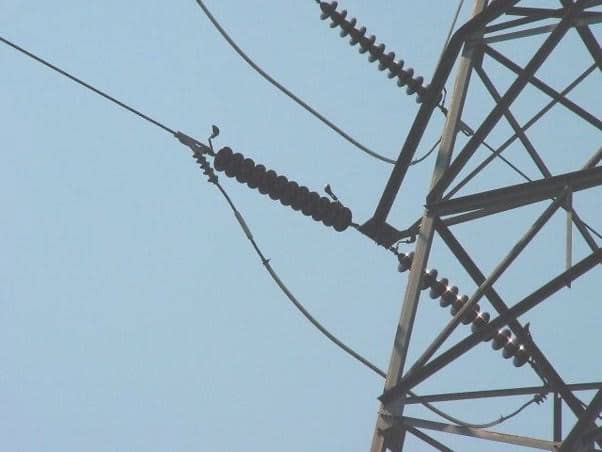Canada has ambitious plans to export liquefied natural gas (LNG) to Asia and Europe, but its nascent industry faces major hurdles in meeting its environmental targets.
Lack of Clean Power
One of the biggest challenges is supplying enough clean electricity to run the LNG plants, which liquefy natural gas by cooling it to -160°C. The process is energy-intensive and generates large amounts of greenhouse gas emissions if powered by fossil fuels.
Canada’s Pacific Coast province of British Columbia (B.C.) is home to several LNG projects, including Shell-led LNG Canada, which is 90% complete and expected to start operations in 2025. The province relies on hydroelectricity for most of its power, but its grid is not yet ready to meet the demand from the LNG industry.
B.C. announced on Tuesday that it will spend C$36 billion ($26.7 billion) over the next decade to expand its grid, including a C$3 billion project to upgrade a transmission line in the northwest, where most of the LNG plants are located. However, the project will take up to 10 years to complete, due to the need for consultation with First Nations and permitting.
This means that LNG Canada will have to run its 14 million-metric ton per annum facility on natural gas, at least for its first phase, which will increase its emissions and complicate Canada’s net-zero goals. The company said it is considering switching to grid power for its second phase, once it is available.
Other LNG proposals, such as Ksi Lisims LNG and Cedar LNG, also plan to use grid power, but they may face similar delays and uncertainties. A capacitor station project in northwestern B.C. will provide enough power for Cedar LNG, a project of the Haisla Nation and Pembina Pipeline, according to BC Hydro CEO Chris O’Riley.
Drought Risk and Competition
Another challenge for B.C.’s LNG industry is the risk of droughts, which can reduce the province’s hydroelectric generation. BC Hydro imported a record one-fifth of its 2023 power needs as drought cut hydropower output.
To hedge against this risk, BC Hydro plans to add wind and solar generation to its portfolio, O’Riley said. However, these sources are intermittent and may not be sufficient to meet the peak demand from the LNG industry.
Moreover, B.C. faces competition from other industries, such as mining, hydrogen, and electric vehicles, for its clean power. The province will have to prioritize which sectors it wants to support, said Evan Pivnick, program manager at industry association Clean Energy BC.
A Promising Future?
Despite these challenges, B.C.’s LNG industry has some advantages that could help it overcome the obstacles and achieve its climate goals. One of them is the support from First Nations, who have a stake in some of the projects and are in talks to buy 50% of the transmission line expansion from BC Hydro.
“If you’re in charge, then you’re OK with going fast because you can protect your interests,” said K’uul CEO Alex Grzybowski, who represents a consortium of 11 First Nations. “An expedited process is entirely on the table.”
Another advantage is the potential to use carbon capture and storage (CCS) technology, which can capture and store the emissions from the LNG plants. B.C. has favorable geology and existing infrastructure for CCS, and some of the LNG projects have expressed interest in exploring this option.
B.C. has also formed a task force to speed up permitting for clean energy projects, and the federal government has pledged to support the LNG industry with funding and incentives.
With these measures, B.C.’s LNG industry may still have a chance to become a global leader in low-carbon natural gas, and to contribute to a sustainable, clean-energy future.
Source: Reuters



